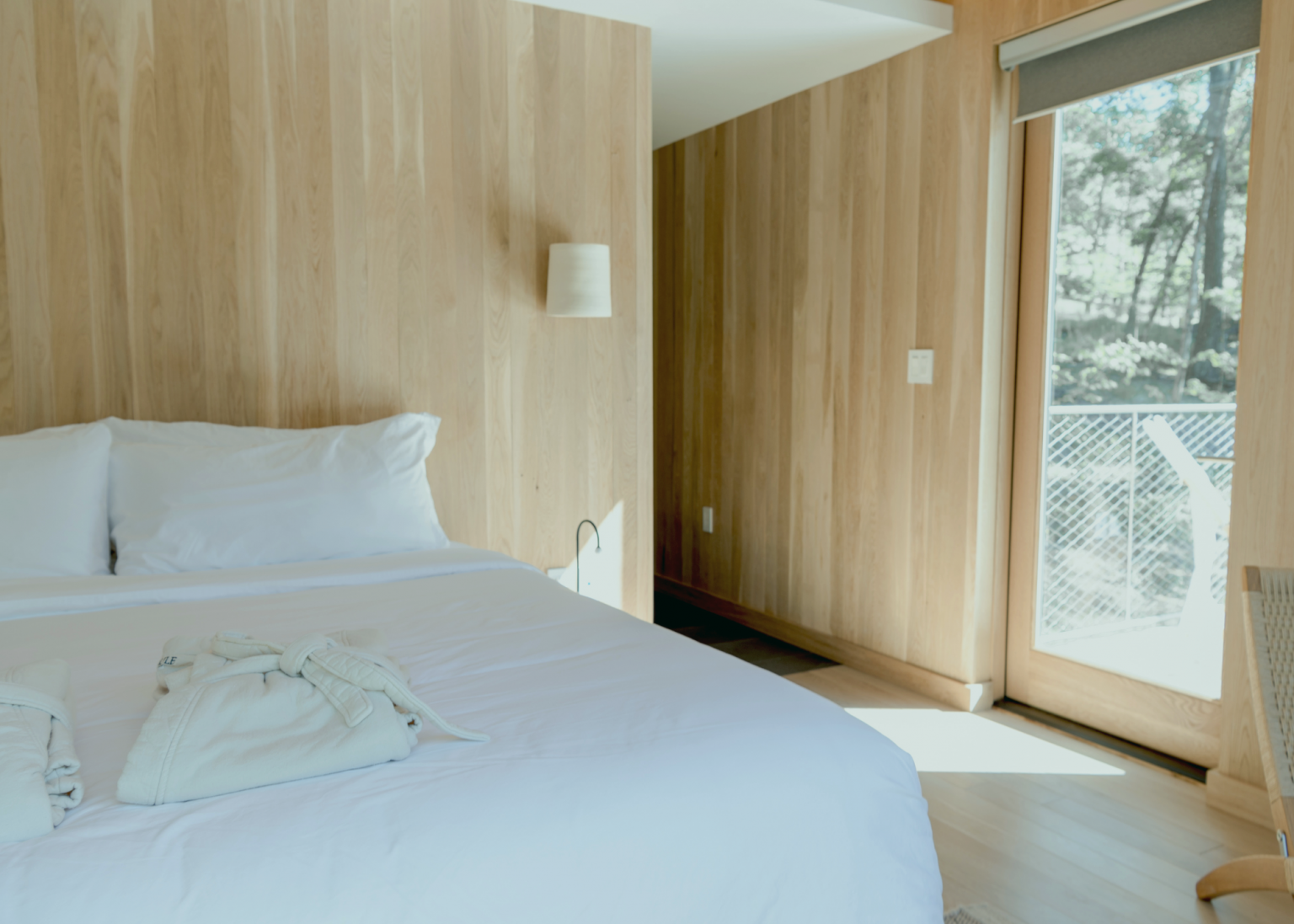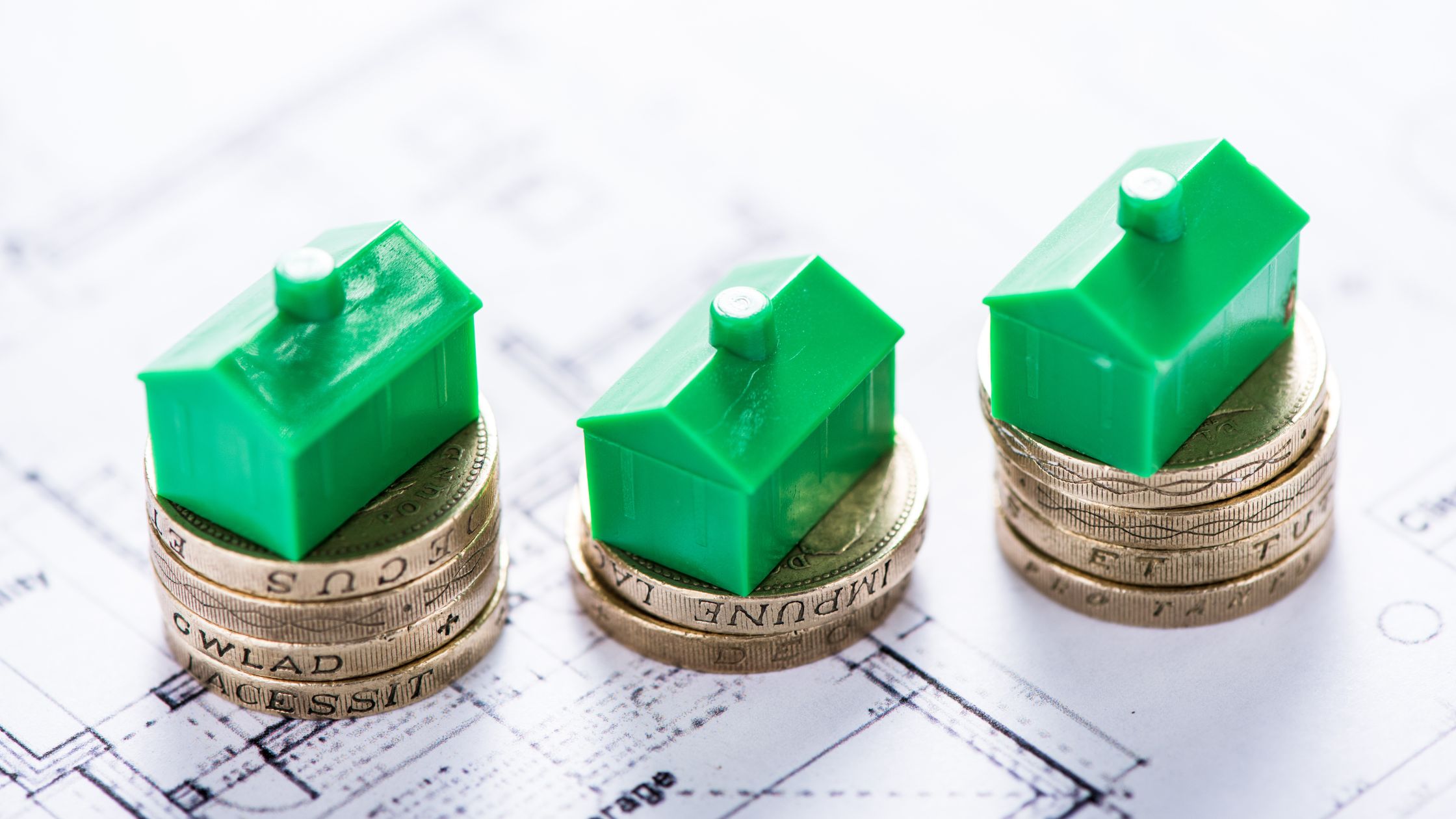Key Takeaways
-
Airbnb financing requires stronger credit and higher down payments than a traditional mortgage.
-
Short-term rental loans vary widely, and the best option depends on equity, income, and property use.
-
Local regulations can make or break an Airbnb investment, so due diligence is essential.
-
A strong financial profile improves approval odds and leads to stronger loan terms.
If you want to buy a short-term rental property, understanding how Airbnb financing, Airbnb loans, and short-term rental financing work is essential. The rules and requirements differ from a traditional mortgage, and lenders evaluate these properties with higher scrutiny. This guide breaks down the best loan options, qualification standards, challenges to expect, and how to prepare for a successful Airbnb investment.
What Is an Airbnb Loan?
There is no official “Airbnb loan,” but several mortgage and financing products support the purchase or refinance of a property used for short-term rentals. Because Airbnb income fluctuates and guests stay for shorter periods, lenders treat these properties as higher-risk investments. As a result, borrowers typically need:
- Higher down payments (usually 15% or more)
- Strong credit scores
- Proof of income stability
- Adequate cash reserves
Your loan options depend on whether the property will be a second home, vacation home, or full-time investment.
Best Loan Options for Airbnb or Short-Term Rental Properties
Short-term rental investors have several financing paths. The right choice depends on your credit, equity, income, and investment goals.
Comparison of Airbnb Loan Options
| Loan Type | Best For | Key Benefits | Considerations |
| Conventional Mortgage | Buyers with steady income & strong credit | Flexible terms; competitive rates | 15%+ down payment required |
| Cash-Out Refinance | Homeowners with high equity | Use existing equity to buy Airbnb | Restarts mortgage term; closing costs |
| Home Equity Loan | Borrowers keeping their current mortgage | Fixed rate & payment | Adds a second monthly payment |
| HELOC | Investors needing flexible access to funds | Borrow as needed; interest-only options | Variable rates |
| Portfolio Loan | Nontraditional income or multiple properties | Flexible underwriting | Higher rates and fees |
| Short-Term Mortgage | High earners wanting fast payoff | Lower total interest over time | Higher monthly payments |
1. Conventional Mortgage
Conventional loans remain one of the most popular ways to finance an Airbnb investment. These loans are not government-backed and can feature fixed or adjustable rates.
Ideal for: Buyers with strong credit, stable income, and a plan to purchase a second home or standalone investment property.
Typical requirements:
- At least 15% down
- A 620+ credit score
- DTI below 50%
2. Cash-Out Refinance
A cash-out refinance replaces your existing mortgage with a new one while allowing you to borrow against your home equity. Investors use the cash to purchase or renovate an Airbnb.
Ideal for: Homeowners who want to access equity without taking out a second loan.
Considerations: The payment may rise, the term restarts, and closing costs apply.
3. Home Equity Loan
A home equity loan offers a lump sum with a fixed interest rate and predictable monthly payment. It works well for buyers who want simplicity.
Ideal for: Investors who want to keep their current mortgage intact.
Benefits: Stable payments and clear payoff terms.
4. HELOC
A HELOC works like a revolving credit line backed by your home’s equity. Borrowers can draw funds when needed, making it useful for renovations, furnishing costs, or seasonal slowdowns.
Ideal for: Investors needing flexibility rather than a lump sum.
5. Portfolio Loan
Portfolio lenders keep loans in-house, which allows them to approve borrowers with nontraditional income, multiple properties, or other unique circumstances.
Ideal for: Experienced investors or applicants who don’t meet conventional guidelines.
6. Short-Term Mortgage
Short-term mortgages (10–15 years) help investors pay down the loan faster and save on interest.
Ideal for: High-income borrowers or those confident in consistent Airbnb performance.
Challenges of Financing an Airbnb Property
Although Airbnb rentals can generate strong returns, investors face unique hurdles.
1. Stricter Lending Requirements
Lenders require larger down payments and higher credit scores due to increased risk.
2. Unpredictable Rental Income
Demand changes with travel seasons, economic shifts, and local tourism trends.
3. Higher Maintenance and Turnover Costs
Short-term rentals need frequent cleaning and more frequent repairs.
4. Local Regulations and Zoning
Some cities restrict or ban short-term rentals. Always verify local ordinances, HOA rules, and permitting requirements before buying.
Alternative Airbnb Investment Strategies
When traditional Airbnb financing feels restrictive, consider these options:
Buy a Multi-Unit Property and Live in One Unit
You may qualify for FHA or VA financing, which offers lower down payments and flexible terms.
Rent Out a Room or Section of Your Home
This approach helps you test the market before purchasing a separate Airbnb property.
Tips for Securing Airbnb Financing
- Research local occupancy rates, seasonality, and average daily rates.
- Strengthen your financial profile by reducing debt and increasing savings.
- Offer a larger down payment to reduce lender risk.
- Consider partnering with another investor to boost your qualification strength.
FAQs About Airbnb Financing
No SSN required. Zero impact to credit. Your Information is never sold.



